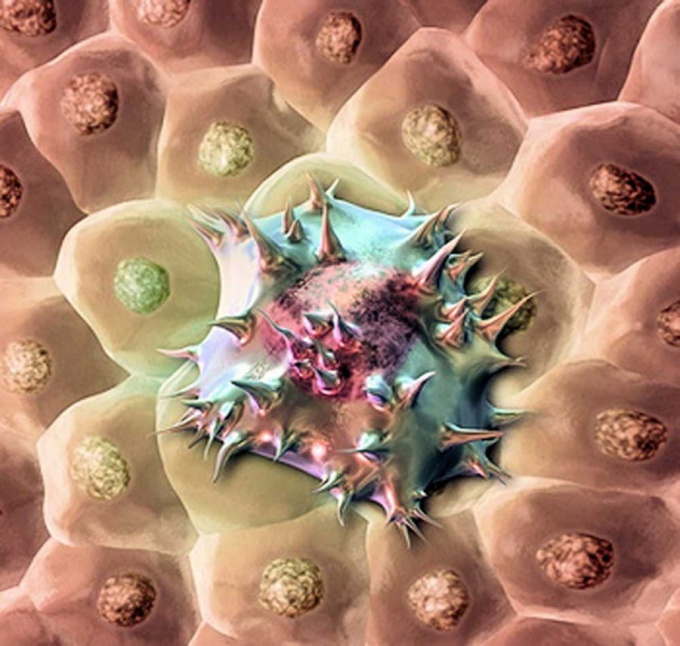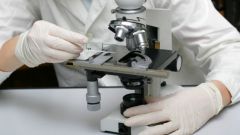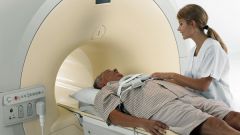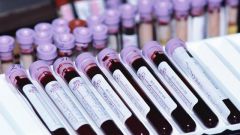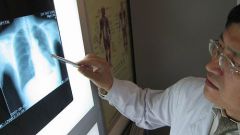You will need
- - consultation of specialists;
- - laboratory studies;
- - further examination.
Instruction
1
Contact the physician upon detection of any symptoms: rapid weight loss, prolonged and heavy bleeding during menstruation, tumor in the chest, malaise, prolonged cough and sputum with blood. There are many other symptoms. The therapist will examine you, collect the anamnesis. Based on the results of the inspection, you will be referred to a specialist and give directions for tests.
2
Hand over the clinical analysis of blood and urine analysis. If in the clinical analysis you will have high ESR (over 30), and you are not currently suffer from infectious diseases, it is reason to continue the examination. The cancer can be low hemoglobin. For cancer of the kidneys and bladder in urine can be detected protein and blood. Also, you have to hand over the biochemical analysis of blood and if necessary to carry out the analysis of sputum.
3
Go for more blood tests for tumor markers. At the present time invented a sufficient number of test systems for the screening diagnosis of cancer. There are specific markers (the cancer of the gastrointestinal tract, mammary glands, ovaries, stomach, prostate). There is a nonspecific tumor markers - HCG, AFP. If the numbers are far above normal values, then you should seek the advice of your oncologist.
4
Pass additional examinations such as ultrasound of the organs, fluoroscopy, x-ray, cat scan. With the help of these examination methods cannot reveal the location of the tumor, determine its size. Also using repeated surveys we can control the growth of the tumor.
5
Women should visit the gynecologist at least once a year to undergo routine screening tests. At the appointment the doctor will conduct a visual inspection and palpation, take smears for Cytology and, if necessary, the biological material for histological examination.
Note
The development of cancer may be asymptomatic, hence the importance of routine check-UPS, especially older people.
